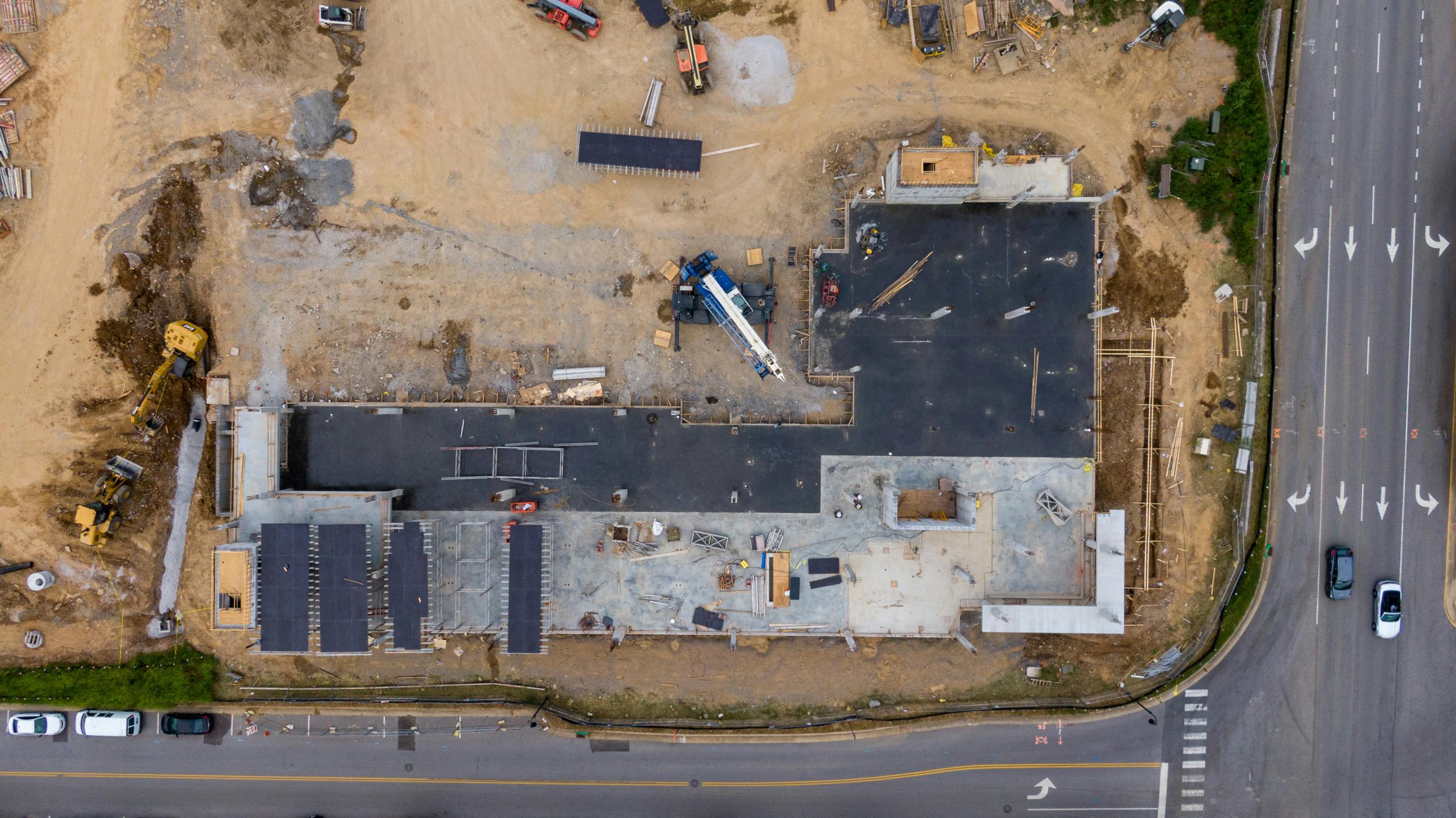Choosing the right construction software can make the difference between projects that run smoothly and those that spiral off track. With tighter margins and growing client expectations, contractors need tools that do more than just digitize paperwork, they need platforms that improve efficiency and visibility across every stage of a project.
Here are the key features every contractor should prioritize when evaluating construction software:
Project Management and Scheduling
At the heart of construction work is coordination. Look for software that allows you to create assign tasks and adjust timelines in real time. This helps contractors keep crews aligned, anticipate delays, and ensure everyone knows what’s happening on the jobsite.
Document and Drawing Management
Construction projects generate a huge amount of documentation, from blueprints and RFIs to permits and change orders. A centralized system that stores, organizes, and updates documents ensures the latest versions are always accessible. This reduces costly mistakes caused by working from outdated information.
Mobile Accessibility
Today’s jobsites are mobile-first. Contractors and crews need to access/update project data and share photos directly from the field. Software with a strong mobile app keeps office and field teams connected, no matter where the work is happening.
Budgeting and Cost Control
Margins in construction are often slim, making cost tracking essential. The right software or app should allow contractors to monitor budgets, manage purchase orders, and track expenses against forecasts. Early visibility into cost overruns helps teams take corrective action before it’s too late.
Collaboration Tools
Construction involves multiple stakeholders including owners, architects, subcontractors, and suppliers. Software that streamlines communication (through messaging, shared dashboards, or notifications) reduces bottlenecks and helps ensure faster decision-making.
Reporting and Analytics
Data-driven insights can highlight risks and opportunities for improvement. From productivity reports to safety compliance tracking, robust reporting tools empower contractors to make smarter, faster decisions backed by real numbers.
Scalability and Integration
Software should grow with your business. Whether you’re managing two projects or twenty, it’s important to choose a platform that integrates seamlessly with tools you already use, like accounting software, BIM platforms, or ERP systems.
Construction software is not a one-size-fits-all solution. The best choice depends on the size of your company, the type of projects you take on, and your long-term growth goals. But focusing on these core features (project management, document control, mobility, cost tracking, collaboration, reporting, and scalability) will ensure you’re investing in a platform that delivers real value on and off the jobsite.








